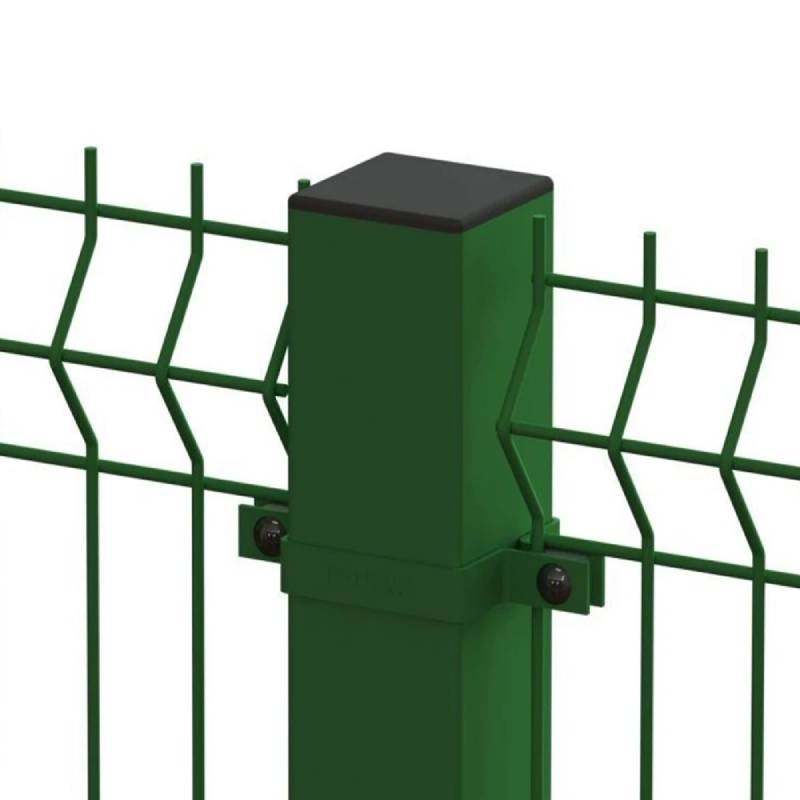gi wire factory
The Importance of GI Wire Factories in Modern Infrastructure
Galvanized Iron (GI) wire has become a cornerstone material in various industries, playing a crucial role in infrastructure development, construction, and agriculture. GI wire factories are essential in producing this versatile material, offering products that meet a myriad of applications. This article delves into the significance of GI wire factories, their manufacturing processes, and their impact on modern industries.
Manufacturing Process of GI Wire
The manufacturing of GI wire involves several key steps, starting with the selection of high-quality iron or steel rods. These rods are drawn through a series of dies to produce wires of varying diameters. After the wire is produced, it undergoes a galvanization process, where it is coated with a layer of zinc. This zinc coating provides excellent corrosion resistance, allowing the wire to withstand harsh environmental conditions. The galvanization process can be achieved through methods such as hot-dip galvanization or electro-galvanization, each offering unique benefits.
Once galvanized, the wire is subjected to rigorous quality checks to ensure it meets industry standards. These quality checks include tensile strength tests, flexibility tests, and corrosion resistance evaluations. Only after passing these stringent tests are the wires ready for distribution and usage in various applications.
Applications of GI Wire
gi wire factory

GI wire has a wide range of applications across different sectors. In construction, it is commonly used for reinforcing concrete structures, enabling them to withstand stress and load. It is also utilized in fencing, providing secure boundaries for residential and commercial properties. The agricultural sector benefits from GI wire through its use in the construction of animal enclosures and trellises for plants, ensuring optimal growth and safety for livestock.
Moreover, GI wire is crucial in the manufacturing of products such as wire mesh, barbed wire, and chain link fences, contributing to security and safety in various settings. Its strength, durability, and resistance to rust make it a preferred choice for many industrial applications.
Eco-friendly Practices and Sustainability
As the world increasingly focuses on sustainability, GI wire factories are also adapting by incorporating eco-friendly practices in their production processes. These factories are implementing recycling methods for scrap metal and using energy-efficient technologies to minimize their carbon footprint. By embracing sustainable practices, GI wire manufacturers are not only reducing their environmental impact but are also appealing to a customer base that values environmentally responsible products.
Conclusion
In conclusion, GI wire factories play an integral role in modern infrastructure and industrial applications. With their efficient manufacturing processes and diverse product offerings, they contribute significantly to construction, agriculture, and security sectors. By prioritizing quality and sustainability, these factories ensure that they meet the growing demands of the market while adhering to environmental regulations. As industries continue to develop, the importance of GI wire and its manufacturers will remain paramount, paving the way for innovative solutions and sustainable practices in the years to come.
-
Space-Saving Chain Fence Hacks Vertical Gardening with Cyclone MeshNewsJul.16,2025
-
Innovations in Iron Nail Wire Production for Modern ConstructionNewsJul.16,2025
-
Creative Uses of Wire Netting Fence in Modern Landscape DesignNewsJul.16,2025
-
Barbed Wire Fence Innovations in Anti-Climb TechnologyNewsJul.16,2025
-
Architectural Uses of Umbrella Nails for Aesthetic Roof DesignsNewsJul.16,2025
-
Architectural Uses of Razor Barbed Wire in Secure Urban DesignNewsJul.16,2025




